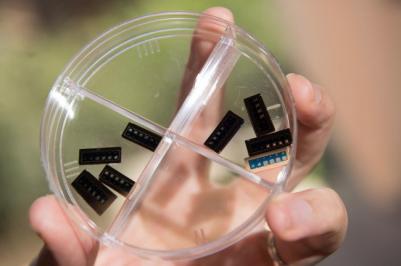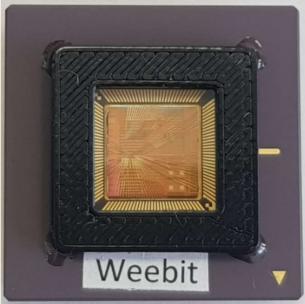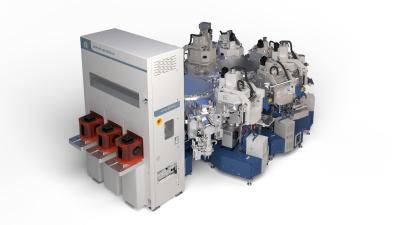Weebit and XTX Technology to jointly investigate ways to use Weebit’s SiOx ReRAM technology in XTX products
Israel-based SiOx RRAM developer Weebit Nano announced that it has signed a letter of intent with China-based memory solution provider XTX Technology to investigating ways in which XTX can use Weebitâs technology in its products.

XTX supplies flash memory based solutions to about 2,00 customers, including leading global semiconductor companies. XTX believes that Weebitâs SiOx ReRAM technology has the potential to be a strong fit for the company's needs.



